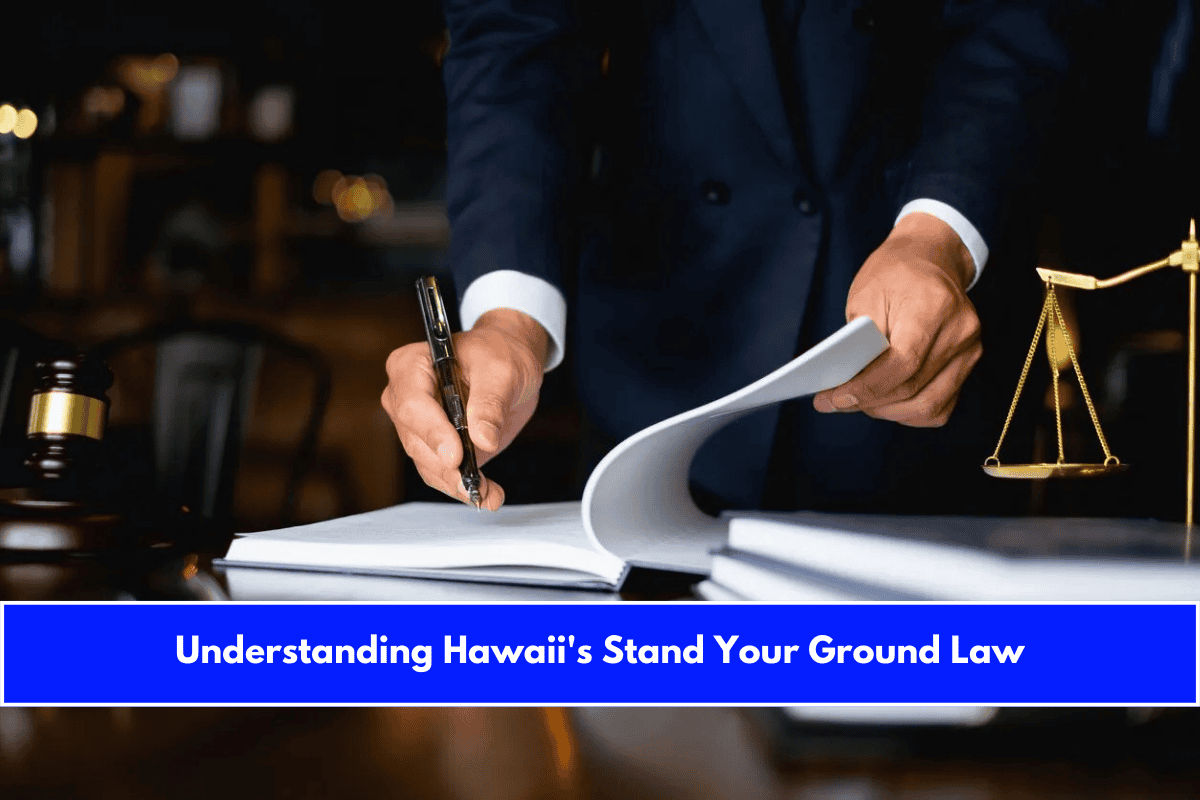Hawaii’s approach to self-defense and the use of force is notably different from many other states, especially regarding the controversial “stand your ground” principle. Here’s what you need to know about the current law and recent legislative developments as of 2025.
No Stand Your Ground Law in Hawaii
- Hawaii does not have a stand your ground law. State law explicitly imposes a duty to retreat before resorting to deadly force in public spaces, if it can be done with complete safety. This means that if you are threatened outside your home, you must try to avoid the confrontation—such as by walking away—before using deadly force.
- The law is clear: deadly force is only justified if there is no safe way to escape the danger.
The Castle Doctrine: Exception for Home and Work
- Castle Doctrine: While Hawaii requires retreat in public, the state follows the “castle doctrine” for self-defense in the home and, to some extent, the workplace. This doctrine means you are not required to retreat if you are threatened inside your own dwelling or place of work.
- Under the castle doctrine, you may use deadly force to stop an intruder if you reasonably believe it is necessary to protect your life, without first trying to escape.
Recent Legislative Proposals and Agricultural Land
- 2025 Legislative Efforts: There have been recent attempts to introduce stand your ground protections in Hawaii, particularly for agricultural land. Proposed legislation (such as SB1248 and SB1607) would allow people lawfully present on agricultural land to use deadly force in self-defense without a duty to retreat, provided they are not the aggressor and not engaged in criminal activity.
- These proposals are a response to concerns from farmers and ranchers about property crimes and personal safety in rural areas.
- As of now, these changes are not yet law. Hawaii’s general rule remains: you must retreat if safely possible, except in your home or, in some cases, your workplace.
Key Points at a Glance
| Situation | Duty to Retreat? | Deadly Force Allowed? |
|---|---|---|
| In public | Yes, if safely possible | Only if no safe escape is possible |
| In your home (castle) | No | Yes, if you reasonably fear for life |
| On agricultural land | Proposed change only | Not yet law (as of 2025) |
Hawaii does not have a stand your ground law. The state requires you to retreat from danger in public if it can be done safely, but allows you to defend yourself without retreat in your home (castle doctrine).
Recent legislative efforts aim to expand no-duty-to-retreat protections to agricultural land, but these have not yet become law. Always check the latest legal updates, as self-defense laws can evolve with new legislation.
Sources:
- https://giffords.org/lawcenter/state-laws/stand-your-ground-in-hawaii/
- https://legiscan.com/HI/text/SB1248/2025
- https://www.mylolowcountry.com/usa-laws/understanding-hawaii-stand-your-ground-law/
- https://law.justia.com/codes/hawaii/title-37/chapter-703/section-703-306/











Leave a Reply